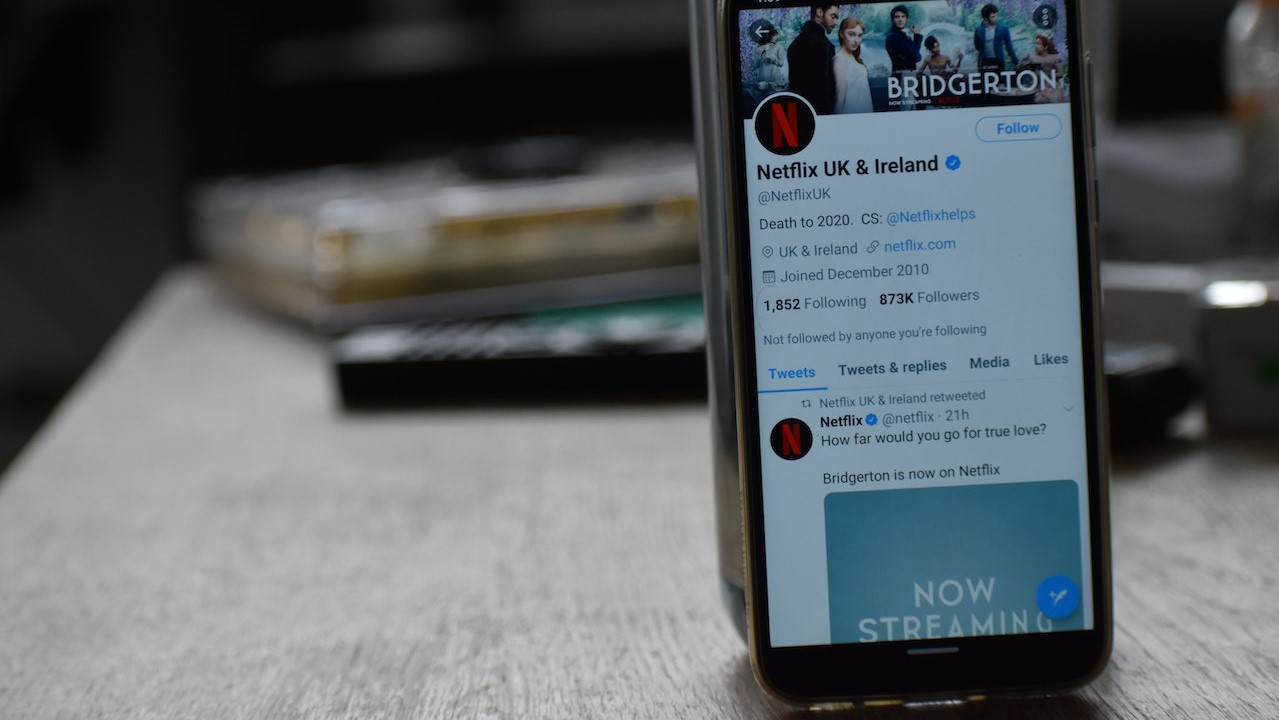Could Sharing Your Netflix Password Land You in Trouble?

Are there laws against sharing your password for entertainment platforms to family members / friends?
It is standard for people to share a Netflix account (the same is true of other sharing services). In many instances, it is perfectly proper to do so when those persons are all part of the same household. But sharing password access with relatives and friends further afield has always been something widely acknowledged and seldom questioned.
All that may soon change as Netflix suffers a fall in revenue and seeks to ensure only correctly licensed users enjoy their services.
The Intellectual Property Office notes that:
“Every time you access illegal content, whether it’s to watch your favourite films, sports or TV shows using a modified box or stick or via an unauthorised website, app, add-on or another illegal source, you are infringing copyright and may be committing a crime.
The creative industry offers employment for more than 1.9 million people and contributes £84.1 billion to the UK economy. If you are not paying for content, you are depriving industry of the money it needs to fund the next generation of TV programmes, films and sporting events.”
But is forbidden password sharing merely a breach of a civil contract, or could it lead to criminal prosecution?
A spokesperson for the Crown Prosecution Service said that people could face prosecution for password sharing if there were a police investigation beforehand.
“Any decision to charge someone for sharing passwords for streaming services would be looked at on a case-by-case basis, with due consideration of the individual context and facts of each case. As with all cases, if they are referred to the CPS by an investigator for a charging decision, our duty is to bring prosecutions where there is sufficient evidence to do so and when a prosecution is required in the public interest.”
So, what does the law say about this?
There is no specific criminal offence of password sharing and it is interesting to note that whilst the Intellectual Property Office, whilst not resiling from its initial advice, seems to have removed express reference to passwords.
It would appear that the primary offence in play is likely to be fraud. Still, given the pressures on policing, it is unlikely that sharing passwords among family and friends on a non-profit basis will be a high priority for law enforcement.
How We Can Help
If you have any questions or concerns then please don’t hesitate to call us on 0161 477 1121 or email us.


